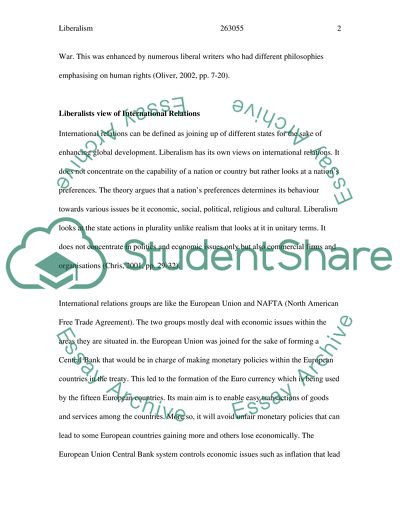Cite this document
(“Liberalism Article Example | Topics and Well Written Essays - 3000 words”, n.d.)
Liberalism Article Example | Topics and Well Written Essays - 3000 words. Retrieved from https://studentshare.org/sociology/1520901-liberalism-article
Liberalism Article Example | Topics and Well Written Essays - 3000 words. Retrieved from https://studentshare.org/sociology/1520901-liberalism-article
(Liberalism Article Example | Topics and Well Written Essays - 3000 Words)
Liberalism Article Example | Topics and Well Written Essays - 3000 Words. https://studentshare.org/sociology/1520901-liberalism-article.
Liberalism Article Example | Topics and Well Written Essays - 3000 Words. https://studentshare.org/sociology/1520901-liberalism-article.
“Liberalism Article Example | Topics and Well Written Essays - 3000 Words”, n.d. https://studentshare.org/sociology/1520901-liberalism-article.


